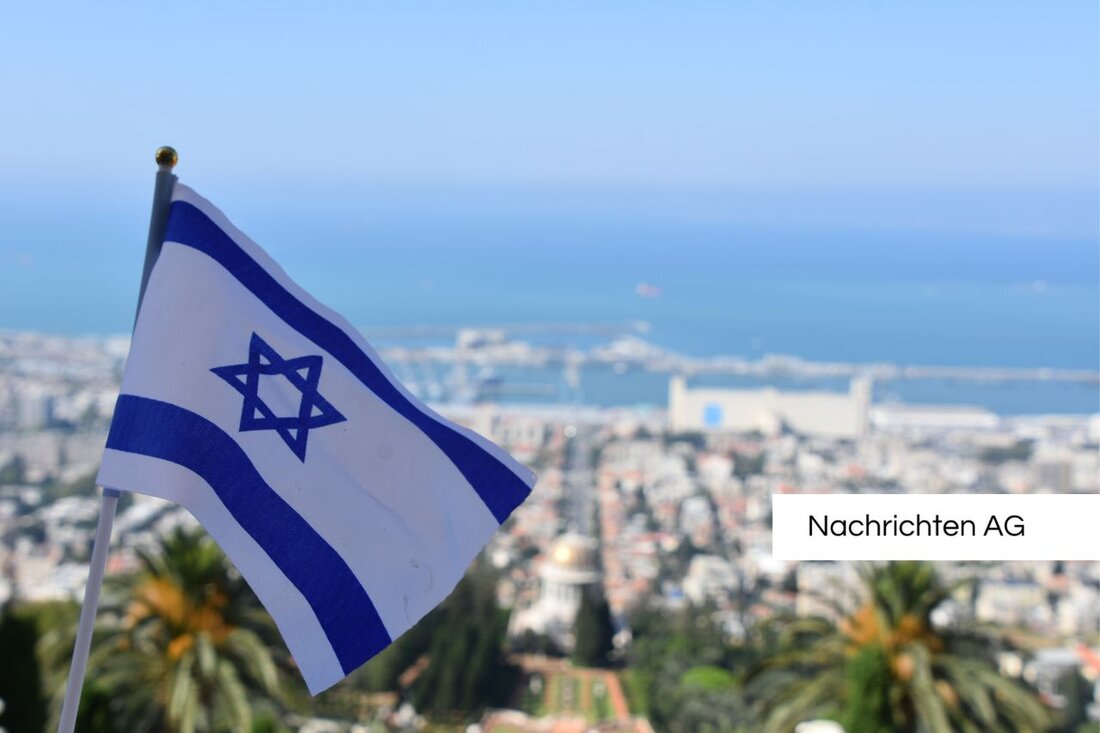Outrage surrounding JJ: Is he at risk of an ESC meltdown after making an anti-Semitic statement?
Johannes Pietsch, known as JJ, causes a stir after making anti-Semitic remarks; ESC future of Israel under discussion.

Outrage surrounding JJ: Is he at risk of an ESC meltdown after making an anti-Semitic statement?
On May 22, 2025, the Eurovision Song Contest (ESC) will cause massive controversy. Johannes Pietsch, better known as JJ, is facing an international shitstorm due to anti-Semitic statements. His statement not only caused outrage, but also led to calls for him to be stripped of his ESC title. Responding to the angry online comments, JJ said: "I'm sorry if my words were misunderstood." He stressed that he condemned violence against civilians, both Israelis and Palestinians, but criticized the Israeli government.
The public criticism does not stop. Social media users are questioning how JJ's words could actually have been misunderstood. An Israeli even demands that the title should go to second place Yuval Raphael from Israel. In an exciting twist, JJ received 178 audience points while Raphael scored 297 points at ESC 2024, which took place in Malmö on May 12. According to ESC rules, if JJ is actually stripped of the title, the runner-up would automatically be declared the winner.
Reactions to the ESC and safety concerns
The events surrounding ESC 2024 were not only important for JJ. Israeli singer Eden Golan competed in a tense environment and was under increased police protection. Their participation caused considerable criticism and protests in advance, both before the event and inside the hall. Around 8 million viewers in Germany watched the final, and Golan was accompanied by whistles and boos during her performance.
Felix Klein, commissioner against anti-Semitism, expressed concern about the “anti-Semitic pattern” in the public reaction to Golan. In addition, Central Council President Josef Schuster ensured that Golan security remained an issue of utmost importance during the competition. The EBU, which organizes the ESC, also faced challenges, particularly given the massive protests that took place in Basel during the ESC final.
Demands for the exclusion of Israel
The discussion about the ESC is being further fueled by calls for Israel to be excluded from future competitions. Around 70 former participants, including political artist Salvador Sobral, have written a letter to the EBU criticizing the organization for “representing the Israeli state”. These artists accuse the Israeli broadcaster Kan of being “complicit in Israel’s genocide against the Palestinians in the Gaza Strip.”
JJ has supported the calls for Israel to be excluded from the ESC 2025 and would like the competition to take place in Vienna without Israel. The situation is further complicated by an arrest warrant issued by the International Criminal Court against Israeli Prime Minister Benjamin Netanyahu for crimes against humanity. The International Court of Justice in The Hague has also opened proceedings regarding Israel's obligations to the UN over the occupation of Palestinian territories.
In summary, the safety and well-being of participants, coupled with political tensions and conflicts, have made the ESC a platform for complex and sometimes tense discussions. The ESC therefore remains not only a musical event, but also a magnifying glass for current social and political issues in Europe.

 Suche
Suche
 Mein Konto
Mein Konto